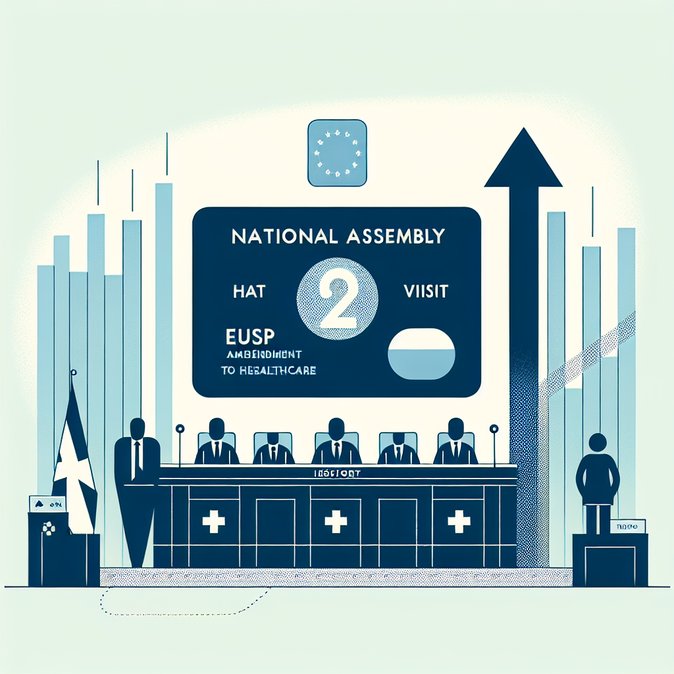
Britain’s Home Office has confirmed that its Electronic Travel Authorisation scheme will shift from a soft-launch to full enforcement on 25 February 2026. From that date, visa-exempt nationals of 85 countries—including France—must hold an approved ETA or an eVisa before carriers will allow them to board planes, trains or ferries bound for the UK. The announcement ends a two-year transition period during which airlines and Eurotunnel services were encouraged but not obliged to verify ETA compliance.
An ETA costs £16 and can be obtained via a mobile app; the Home Office claims more than 13 million approvals have already been granted since the voluntary phase began in October 2023. Processing is automatic for most applicants within minutes, but travellers are advised to apply at least three working days in advance in case of manual review. British and Irish citizens, along with UK permanent residents, are exempt. Dual French-British nationals are reminded they must use a valid UK passport to avoid boarding denials.
![UK to make Electronic Travel Authorisation compulsory from 25 February 2026, impacting French short-stay visitors]()
For French business-travel managers, the development means that short hops to London—or onward connections through Heathrow—will require an extra compliance step similar to the US ESTA or Canada’s eTA. Travel-management companies say they will integrate ETA status checks into online booking tools and recommend corporates preload employee passport data into the Home Office API to reduce friction.
The UK move also accelerates Europe-wide trends toward pre-travel authorisation: Schengen ETIAS is slated for mid-2026, while France already collects biometrics at the border under the Entry/Exit System (EES). Airlines warn of potential confusion next spring as passengers to and from the UK juggle multiple digital permissions. Channel-Tunnel operator Eurostar plans dedicated “ETA verified” lanes at Paris-Nord and Lille Europe to keep dwell times under 30 seconds.
French tourists making city-breaks or language-study trips should see limited impact once the requirement is understood, but immigration lawyers caution that ETA refusals—though rare—can only be contested through a full visitor-visa application costing £120 or more. Carriers failing to check ETA status face fines, so ticket issuers will implement hard blocks at online check-in.
An ETA costs £16 and can be obtained via a mobile app; the Home Office claims more than 13 million approvals have already been granted since the voluntary phase began in October 2023. Processing is automatic for most applicants within minutes, but travellers are advised to apply at least three working days in advance in case of manual review. British and Irish citizens, along with UK permanent residents, are exempt. Dual French-British nationals are reminded they must use a valid UK passport to avoid boarding denials.

For French business-travel managers, the development means that short hops to London—or onward connections through Heathrow—will require an extra compliance step similar to the US ESTA or Canada’s eTA. Travel-management companies say they will integrate ETA status checks into online booking tools and recommend corporates preload employee passport data into the Home Office API to reduce friction.
The UK move also accelerates Europe-wide trends toward pre-travel authorisation: Schengen ETIAS is slated for mid-2026, while France already collects biometrics at the border under the Entry/Exit System (EES). Airlines warn of potential confusion next spring as passengers to and from the UK juggle multiple digital permissions. Channel-Tunnel operator Eurostar plans dedicated “ETA verified” lanes at Paris-Nord and Lille Europe to keep dwell times under 30 seconds.
French tourists making city-breaks or language-study trips should see limited impact once the requirement is understood, but immigration lawyers caution that ETA refusals—though rare—can only be contested through a full visitor-visa application costing £120 or more. Carriers failing to check ETA status face fines, so ticket issuers will implement hard blocks at online check-in.


